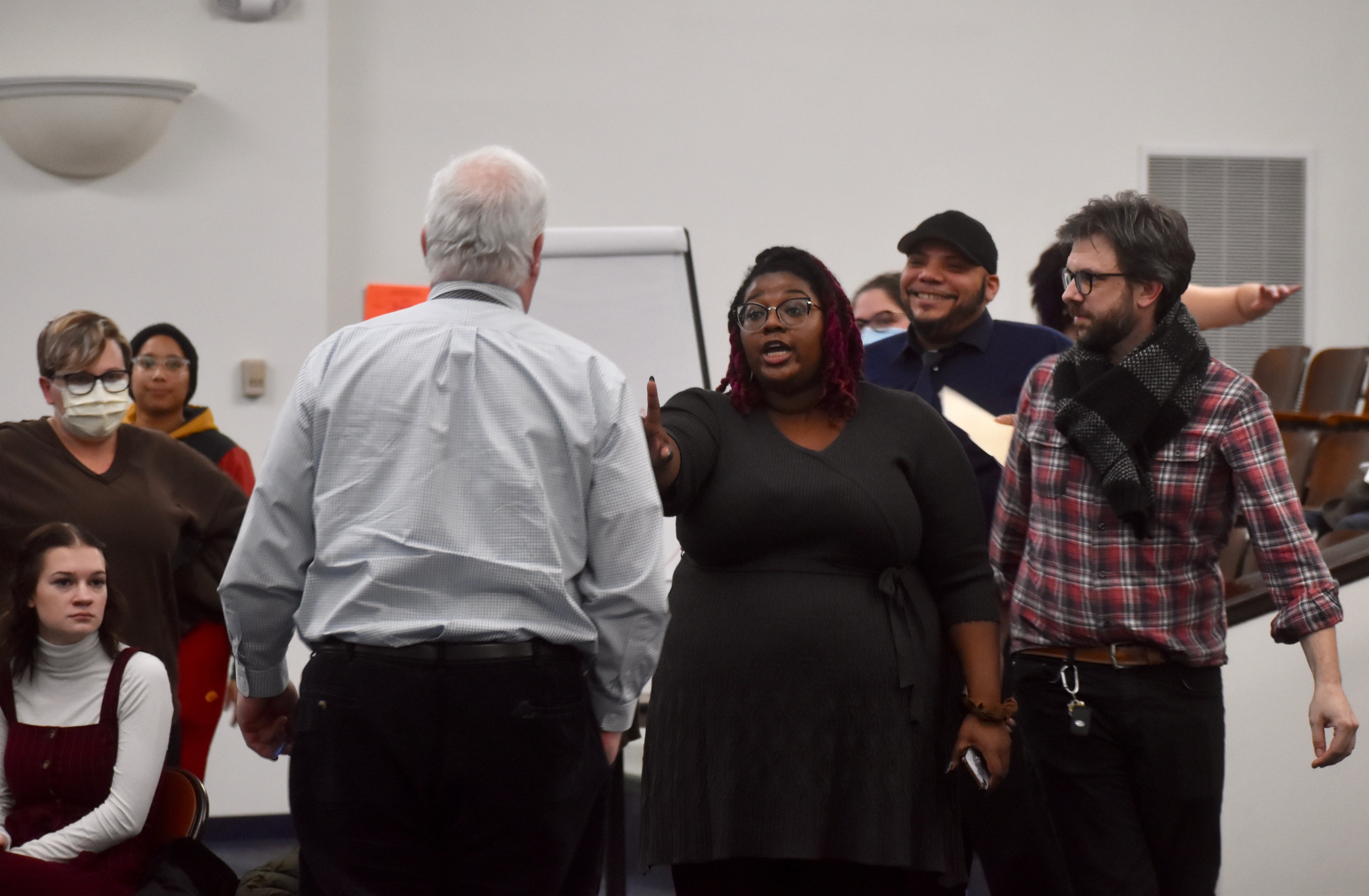School police officers do more harm than good. Why do politicians still push for them?
Our kids are going to school with armed men and women – watching over them and evaluating them – and the claimed benefit that allegedly exists is a falsehood.

The first school resource officer came into existence in the late 1950s under the guise that having a police officer in the school would "improve" the relationship between youth and law enforcement – a novel claim that helped SRO programs multiply. It's estimated that 20% of schools have an officer.
Yet, despite this original claim that relationships with the youth would improve, there has not been any conclusive evidence that an officer presence improves youth relationships with law enforcement. In fact, the research is quite mixed.
However, we do know a couple of things about SROs. We know that having armed officers on the premises of schools has not prevented school shootings. We know that overall youth crime has been on the decline since the 1990s, but that youth arrests are up in schools with SROs to the tune of 3.5 times the rate of schools without officers.
Despite this, lawmakers continuously push for more school officers in the name of safety, despite researchers saying you cannot accurately claim this alleged improvement.
How school police officers could lead to 'Kids for Cash'
What does this all mean? It means our kids are going to school with armed men and women – watching over them and evaluating them – and the claimed benefit that allegedly exists is a falsehood.
Instead, your child is more likely to be arrested for a crime that would normally not be a crime if they were an adult. Let me rephrase this in another way. Your child is more likely to develop a criminal record than ever from a significant relationship with law enforcement.
Youth criminal justice: Angola's death row is haunted by its past and purpose. It shouldn't be housing kids.
Why is this happening? Well, there’s an entire financial gain system in the underbelly of the juvenile justice system. In 2009, the story that would become known as "Kids for Cash" was released. What we learned was that two judges were convicted for sentencing children to harsh sentences and that, in return, the judges were caught accepting money from private interest groups who were benefiting from the harsher sentencing of the youth.
What does this have to do with school officers? Well, to have children come before a corrupt judge, they need to be arrested first. Luckily for the criminal justice system, they have policymakers pushing for more SROs in schools every day.
Privatization of prisons leads to for-profit criminal justice
None of this should be inherently surprising, because we have justified the privatization of prisons for years despite knowing their negative consequences. We have had a continuous and unrelenting push from states like Georgia to allow an expansion to private probation, despite again knowing all of the terrible and corrupt things attached to this criminal justice model.
The difference here is instead of adults allegedly committing unredeemable crimes, we have 6-year-olds acting out in school. That’s if the SRO does not fully abuse their power and just decide they want to body slam a child to the ground. Unfortunately, not a hypothetical.
The math on school shootings: Should parents and students worry about gun violence? Indiscriminate shootings aren't as common as we think.
The last link in this exploitation chain is which schools do and do not have officers. Only 20% of schools have SROs, but this is not a randomly selected 20%. Private schools don’t have SROs the way public schools do. Black and brown students are targeted the most for arrests because the officers are in their schools.
The SRO system is exploitative and corrupt, similarly to private prison and private probation, but the SRO system chooses children to be exploited. It should have never existed and does not clearly benefit anyone except those lining their pockets at the expense of our children's futures.
Are you OK with your child being exploited and used like this?
School resource officers need to go, and they need to go now.
Chase Heslop is a criminal justice Ph.D. student at Indiana University Bloomington. This column first published at the Indianapolis Star.